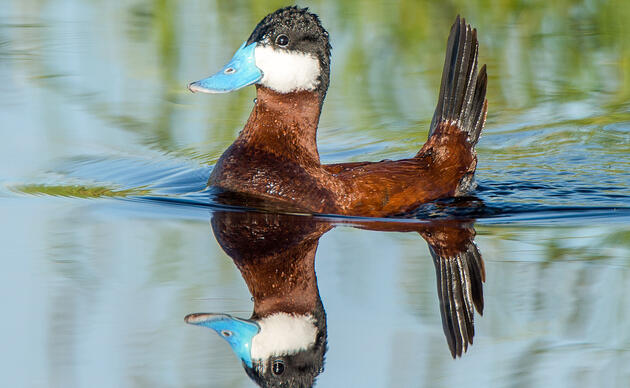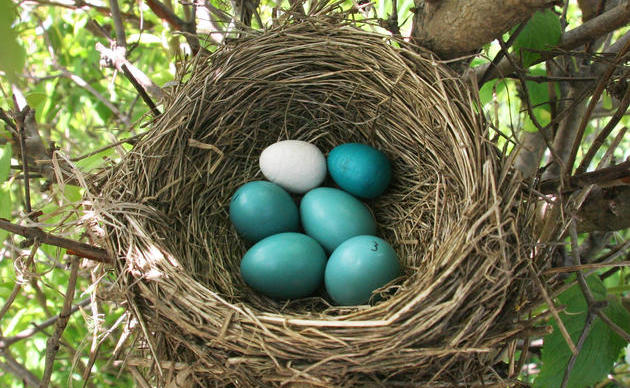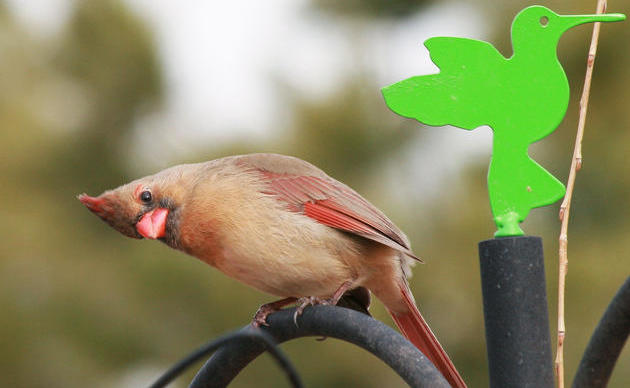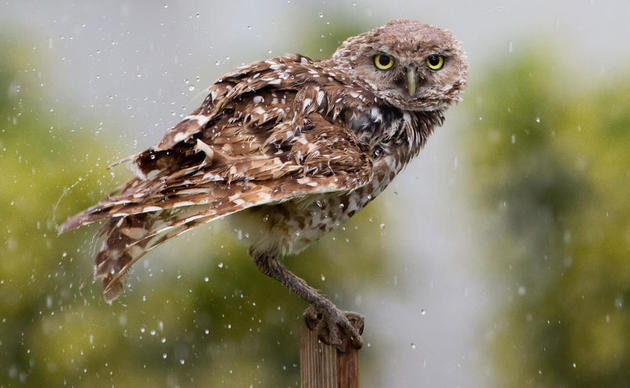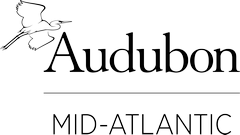Since the summer of 2022, Philadelphia residents have been working with Audubon and other local nonprofit organizations to reshape their neighborhoods one public garden at a time.
The Philadelphia Pollinator Network, funded by the National Fish and Wildlife Federation, was a collaboration of Audubon Mid-Atlantic, Thomas Jefferson University, John Heinz National Wildlife Refuge and the National Wildlife Federation. The project team worked with community organizations to establish more than 33 native plant gardens in Southwest, West, and North Philadelphia. This habitat restoration work helped neighborhoods address environmental and public health issues such as high ambient temperatures, stormwater overflows and air pollution. The new gardens also support insects and birds while providing residents with beautiful spaces for gatherings and respite. The Pollinator Network grew organically from larger “hub” gardens - like the flagship Cecil Street Garden in Kingsessing - and extended outwards to nearby blocks.
Community members and local leaders played a central role in the development of these oases, hosting listening sessions, co-designing gardens, and even helping to build them. From vacant lots transformed into vibrant mini-parks to youth-led stewardship teams called Park Ambassadors, the project is about more than planting flowers - it's about empowering communities to reclaim and redefine their local urban spaces. Just over 900 community members have taken part in hands-on workshops, festivals, and planting days.
Since the gardens were created, more than 700 pollinator observations by approximately 100 individuals have already been logged through a community science initiative using the iNaturalist app, helping demonstrate how urban gardening can support biodiversity. Nearly 200 species of insects have been observed! Rain barrels, signage, and thoughtful design features - from pollinator hotels to shade structures - make these gardens not just beautiful, but sustainable and educational too.
The project also supported Audubon’s creation of a native seed library at the Discovery Center. It has already distributed 1,600 native seed packets. The Philadelphia Pollinator Network shows that restoring nature doesn’t require vast wilderness. Even in dense cities, patches of native habitat, when thoughtfully placed and community-engaged, can support wildlife. It’s a story of resilience that works for both people and pollinators. Be sure to follow our social media and website events calendar – you could join us for a future volunteer event or community planting!
Audubon’s Delaware River Watershed Program Director Tapped to Shape Regional Watershed Plans and Climate Resiliency
With appointments to two regional commissions, Audubon aims to influence conservation and policy to protect the birds and people of the watershed.

